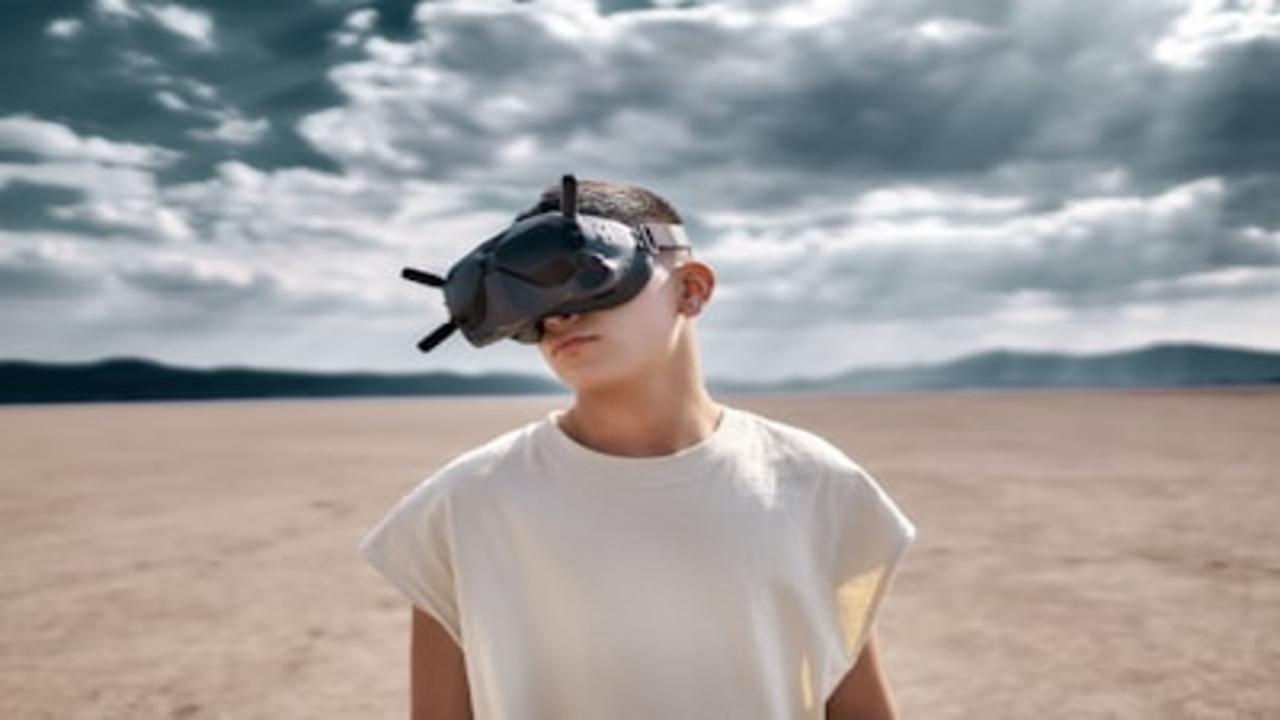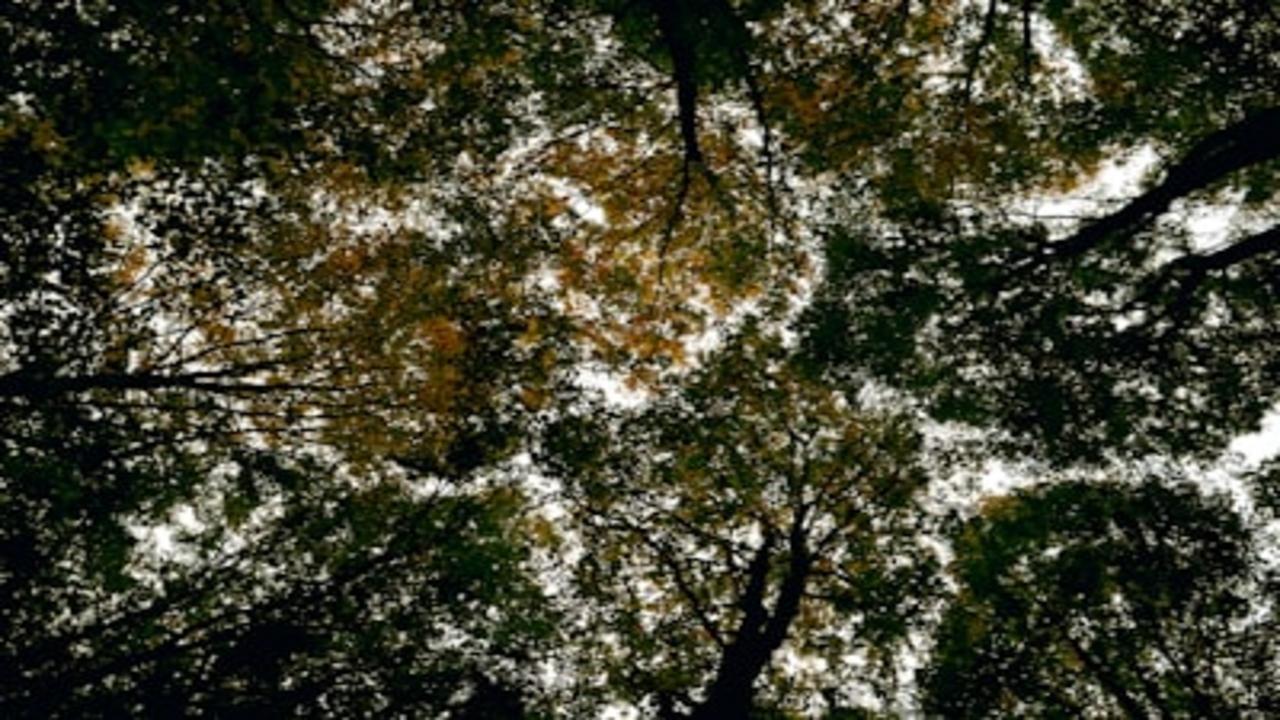
Kenya: The rise of drones to save lives in rural areas
In a country where rugged geography and poor infrastructure conspire against healthcare, Kenya is leading the way with a bold initiative: using drones to deliver medicine to hospitals. This technological revolution, which seems to come straight out of a science fiction movie, is raising questions and applause, but more importantly, it is getting the adrenaline pumping for those desperately waiting for medical treatment.
Theft of medicines: when drones take flight
Imagine a scenario where a drone makes its grand entrance into a remote village, the sound of its propellers heralding the arrival of long-awaited care. In Kenya, this has become a tangible reality. Drones, while reminiscent of children’s toys, are transporting essential medicines, vaccines and other medical supplies to inaccessible areas, where transportation is often fraught with hassle and delays.
This innovative system, already deployed by visionary companies, reduces the delivery time of medicines by several hours, even days. In short, it is a real magic wand for the health sector, thus transforming the Kenyan medical landscape. Let us congratulate these sky adventurers who take flight to save lives! But behind this enthusiasm lie challenges to be overcome.
Drones, yes, but not without skepticism
Despite this impressive progress, some skeptics are asking questions. What is the value of a drone in the face of a power outage? Indeed, the reliability of technologies is often put to the test in the most remote regions. The operating cost, cultural understanding issues and security issues are all potential obstacles to this great life-saving machine.
Moreover, it would be naive to believe that simply delivering medicines will solve all the ills of the healthcare system. A medicine that is not used correctly or that is not followed by a medical consultation remains as useless as a drone without a battery. So, beware of illusions: technology, even ultramodern, will never replace a good old medical consultation.
A promising horizon for health
Despite these obstacles, the Kenyan initiative could well serve as a model for other countries in Africa struggling with poor healthcare infrastructure. With government support and community involvement, drone flight could become a daily reality for millions of patients. What if drones became our healthcare heroes, bridging distances and delivering care where it is needed most?
Ultimately, these drones could write a new page in medical history in Africa, but be careful not to fly too high without safety gear! Time will tell, but for now, let's raise our glasses to these intrepid vectors of health. Let's hope they don't end up getting shot down by a space kangaroo... or something like that!



Leave a comment
This site is protected by hCaptcha and the hCaptcha Privacy Policy and Terms of Service apply.